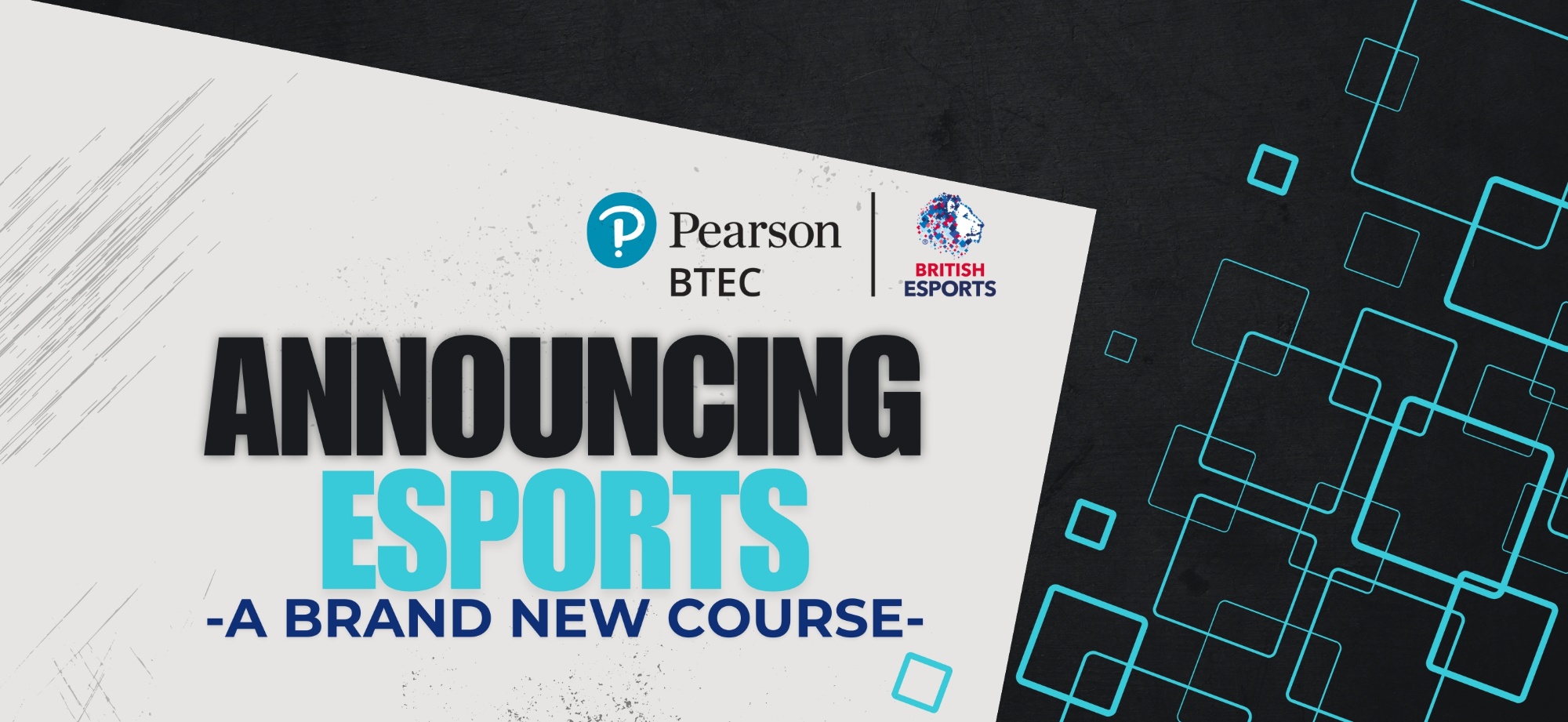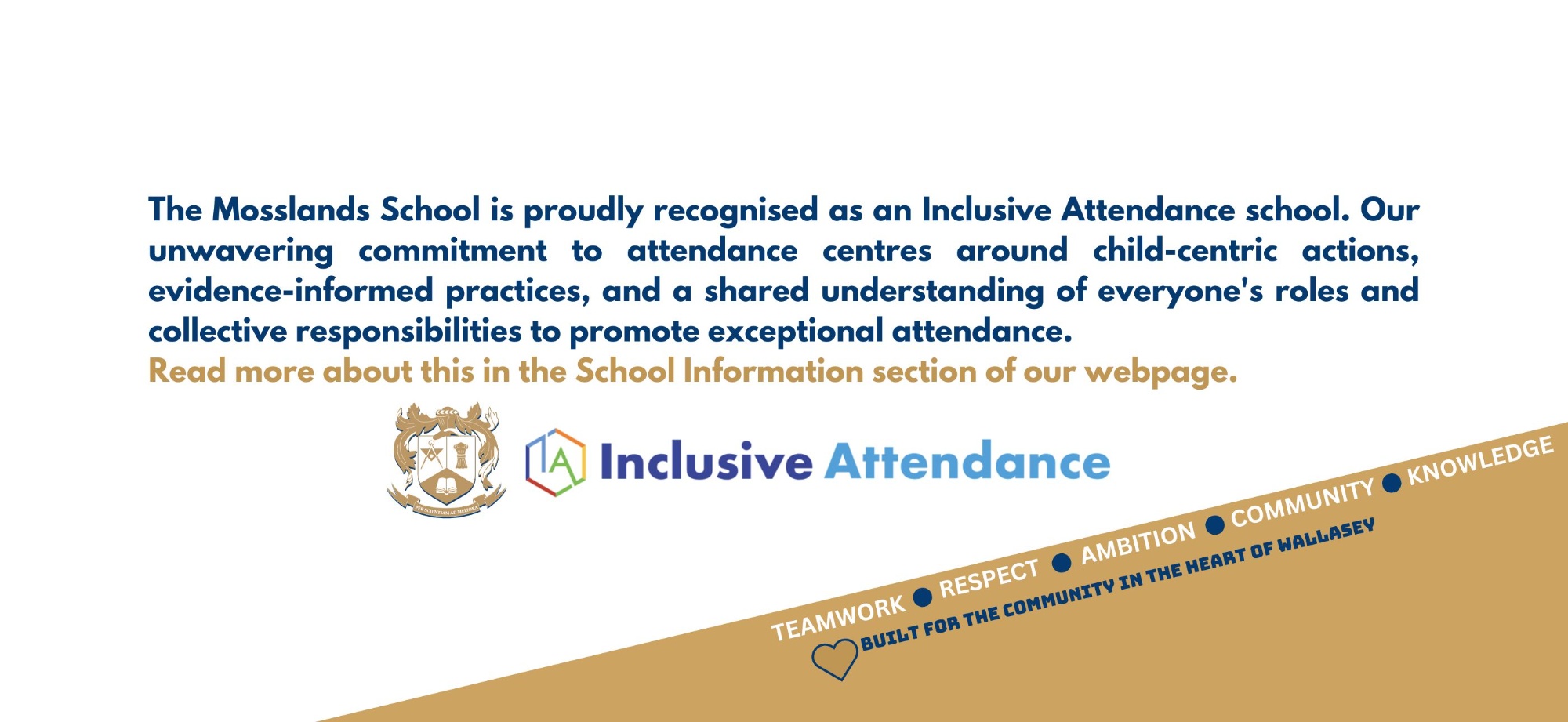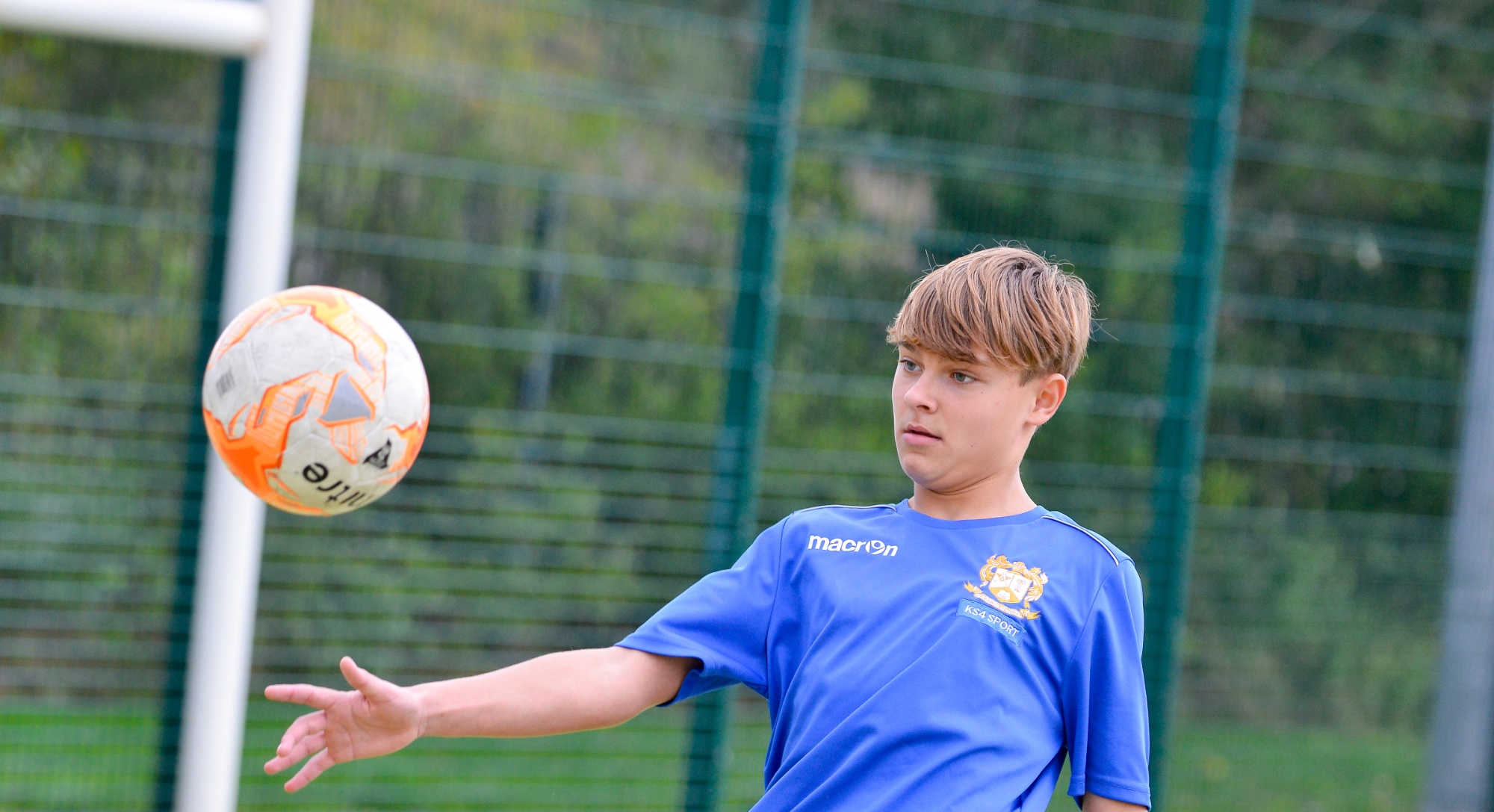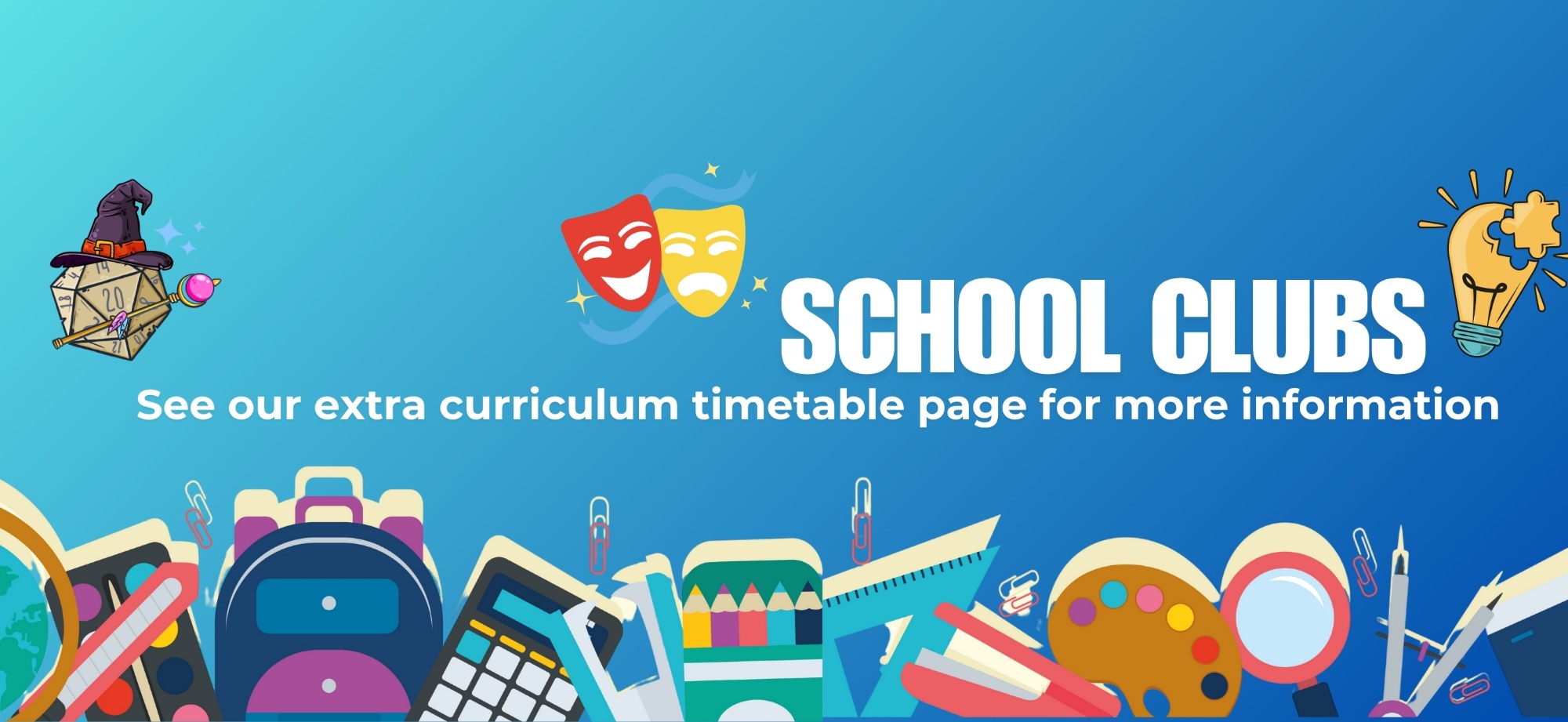Literacy Strategy Overview
Disciplinary Literacy
- Students are given frequent opportunities to research using online sources. They are taught about reliable sources and Google search techniques.
- Students are given sufficient time to read and compare different sources of information.
- Students are frequently asked to comprehend and summarise information they have found online.
Targeted Vocabulary Instruction
- Teachers have a set of keywords that they pre-teach to ensure they are understood when encountered.
- Frequent recall quizzes in lessons and as homework are used to reinforce knowledge of keywords and definitions.
- Use of etymology to discuss key vocabulary when appropriate
Reading Comprehension
- Teachers use a variety of strategies, including expert reading, pre-teaching vocabulary, etc to ensure comprehension
- Tasks are designed to require students to read and summarise information, or with precise specification ( eg. 4 sentences, or use between 15 and 20 words.
Academic Talk
- Teachers are required to frequently repeat key words and technical terms during lessons – modelling their use.
- Students are encouraged to be precise and sophisticated in their use of vocabulary.
- Teachers draw attention to examples of academic language or vocabulary in texts.
- Students are encouraged to ‘say it again better’ or “speak like a geek” if their language is insufficiently academic (e.g. “back in the old days”).
Scaffolded Writing Activities
- Extended writing tasks include sentence starters, writing frames, etc. where appropriate. These are gradually withdrawn as students become more confident.
- Exemplars of student work are used to model best practice, with attention drawn to key aspects of writing such as signpost words, sophisticated vocabulary, etc.
- When requiring students to use online sources of information, they are signposted to the most appropriate ones (eg. BBC/Teach-ICT) rather than just left to use Google
- Students are taught about the use of spelling and grammar tools from year 7 onwards.











